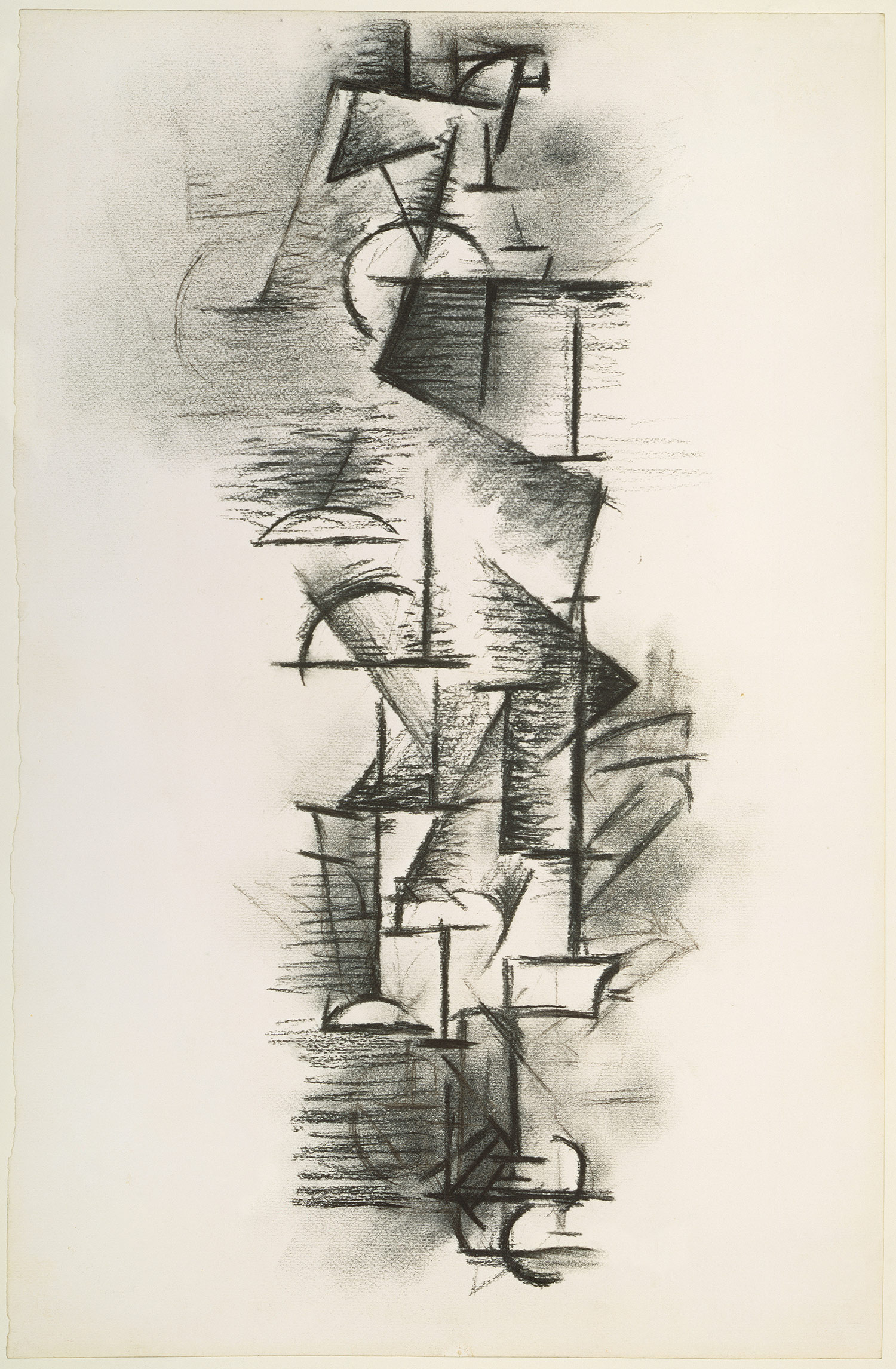OK. Let’s talk about The Basics.
I know what you’re thinking: I don’t need to go over The Basics, I already know all that stuff. You’re probably thinking that even if you have never written a song before. Everyone thinks they’ve got The Basics covered.
But, whether you’re a novice or an experienced songwriter, it never hurts to review The Basics – or what I’ll call variously the rules or the mechanics – or look at them from a different perspective. Because, it’s how you use those basics, those mechanics, that will set you apart from other songwriters. It’s how you follow – and break – the rules that show you off as either skilled or inept. Just as there is a fine line between genius and insanity, how you use The Basics in your songwriting is the line between understandable and indecipherable, nonsensical and innovative, inviting and inaccessible, “hooking” the listener or leaving them floundering.
I’ll illustrate this metaphorically and anecdotally. My metaphor is Picasso. If you only have a cursory understanding and appreciation of art, and view one of his Cubist offerings, let’s say Female Standing Nude (charcoal on paper, 1910),  you may recognize it as “good,” but you may also be inclined to dismiss it as “doodling” or “something your four year old can do.” It may look easy, but try to recreate it and you would probably fail miserably. That’s because Picasso didn’t start there. He learned the rules, the mechanics, of art first. Or, take any one of his Surrealist works – seemingly unrelated objects thrown together, body parts not where they’re supposed to be, eyes misshapen and unaligned…but still, it’s intriguing, beautiful, masterful. That’s because Picasso knew The Basics, the rules, the mechanics. He spent a lifetime studying them. And he knew how to reinvent them and break them and bend and alter them. He understood Realism and could produce it. He understood shape and form, light and shadow, line and color. And with that foundation, he could expand and invent and innovate.
you may recognize it as “good,” but you may also be inclined to dismiss it as “doodling” or “something your four year old can do.” It may look easy, but try to recreate it and you would probably fail miserably. That’s because Picasso didn’t start there. He learned the rules, the mechanics, of art first. Or, take any one of his Surrealist works – seemingly unrelated objects thrown together, body parts not where they’re supposed to be, eyes misshapen and unaligned…but still, it’s intriguing, beautiful, masterful. That’s because Picasso knew The Basics, the rules, the mechanics. He spent a lifetime studying them. And he knew how to reinvent them and break them and bend and alter them. He understood Realism and could produce it. He understood shape and form, light and shadow, line and color. And with that foundation, he could expand and invent and innovate.
When I was just starting to write songs (at age 13), I had no rules. I had, of course, listened to music, and taken some piano and theory lessons, but I didn’t really know anything about writing songs. I started making up words and putting them to music. Or making up music and slapping some words down to it. And because I had no rules to bind me, to limit me, some of the stuff I came up with as a teen was pretty interesting and new and sometimes even good. But mostly it was not. Mostly, it was amateurish and adolescent. There is, of course, a learning curve, but I didn’t really begin to blossom until I was in my 30s. (I’m a late bloomer in many facets of my life). I had a gift. But I didn’t nurture it. I just wrote songs. Whatever came into my head.
When I was in my 30s I began teaching music to middle school kids in a private school. So I started brushing up on my theory, and learning things like song structure. I started putting names to the tools I was using – verse, chorus, bridge, ABAB, AABB and ABBA patterns, internal rhyme, imperfect rhyme. I learned about symphony structure – theme and variation, secondary theme, restating the theme, breaking up the theme and tossing it amongst the sections of the orchestra rhythmically and melodically, recapitulation. I started reading interviews with, and articles about, songwriters and their techniques. All of these things helped make me a better songwriter. I strengthened my foundation and broadened my musical horizons.
A note here about broadening your horizons. Do it. Become genuinely interested in as many things as possible and read as much as possible. (I don’t spend nearly as much time reading as I would like. I could blame it on, oh, any number of things, but really it’s just discipline.) Read good fiction and poetry and biographies, see theater, do theater, see good movies, learn history, stay abreast of current events, read books of trivia, go to museums, do stuff you’ve never done before. All of this will benefit your songwriting. Really. But, more about this in another essay.
In Part 2 of this essay we’re going to check under the hood and take apart the engine so we can see how things work and understand what makes the car run. (It’s a good thing I’m using an analogy here, because you really wouldn’t want me doing that to your car.) In the meantime, here’s your homework: listen to a few early Beatles songs, like Love Me Do or I Want To Hold Your Hand or anything else from that era. I’ll get back to you.



No comments:
Post a Comment